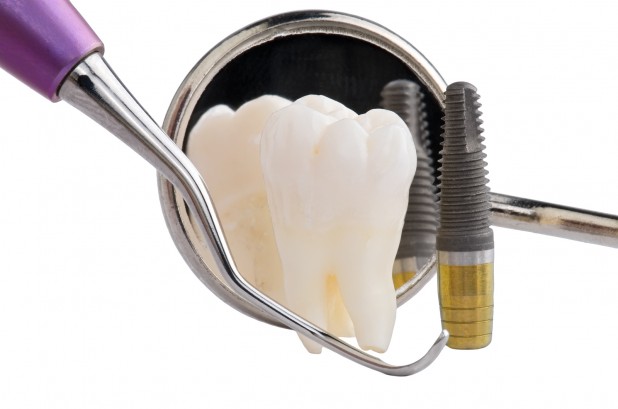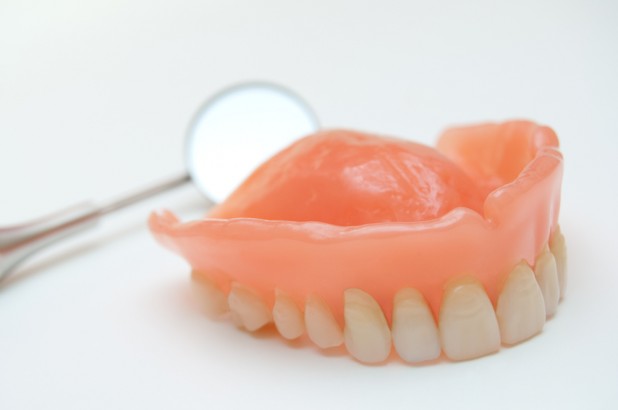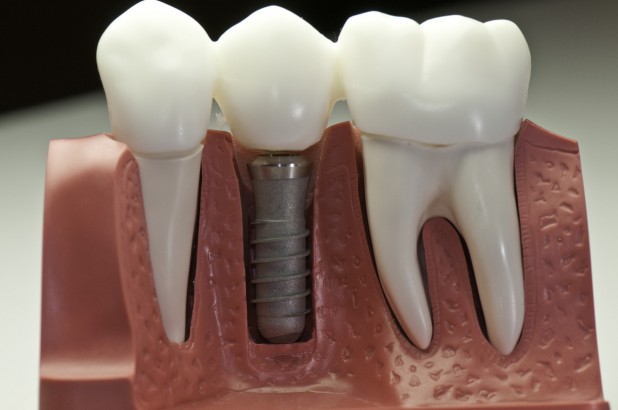This article hopes to answer many of your frequently asked questions about dental implants. Belated thanks to Dr Haroon Sher, of Glasgow dental implants centre Glasgow Smile Clinic for his input to this article.
Firstly – what is a dental implant ?
Dental implants are small titanium fixtures, that effectively become a replacement rooot for a tooth or teeth. This titanium scaffolding is implanted into the jawbone using anaesthesia, and the new titanium root actually becomes part of the patient’s bone through integration and can become more secure than the natural root. After installing these implants, the dental implant practitioner can insert permanent teeth which are designed bespoke for each patient to give a completely natural looking smile.
Can anyone undergo dental implant surgery ?
in most cases, anyone who has lost a tooth or teeth for whatever reason can normally be a candidate for dental implants. The only real requirement is that adequate bone is available in your jaw to support any implants, and gum tissue has to be healthy and clear of any periodontal disease. Some older patients are concerned that they may not be able to undergo the treatment because of their age, however health is a much more important factor than age. The reality is that if you’re healthy enough to have a tooth extraction then you’re probably healthy enough to receive dental implants. Ultimately, your dentist will decide whether or not you’re a viable candidate for dental implants after a thorough evaluation of your dental and overall medical health .
What are the benefits of dental implants ?
There are plenty of benefits associated with dental implants, some of which are highlighted here:
Dental implants are more comfortable than full or partial dentures. Although dentures have improved over the years, they still sit on top of the jawbone and with continuous shrinkage of the jawbone, dentures start to slip over time, leading to clicking, gum irritation and constant discomfort.speech is often distorted when dentures are ill fitting, because the teeth slip and slide around and the muscles in the face become tense trying to keep the teeth in place. This can result in mumbling and slurred speech.
Even in patients with excellent denture fitting, they can only eat at around 15 to 20% of the efficiency of a person with full natural teeth. Dental implants give patients almost 100% chewing capacity compared to natural teeth, which lets you eat all your favourite foods with confidence. Dentures also reduce taste to a large degree, particularly with an upper plate.
Of course dental implants being permanent, mean they are far more convenient and you will never have to think about denture adhesive again. Dental implants patients tell of being more confident, outgoing and feeling better about themselves for having had the treatment.
How long does it take for dental implants treatment ?
this more or less depends on the number of implants and the type of treatment involved. The hall process of integrating the implant into the bone can take as little as three months, although it can take 5 to 6 months for a full teeth replacement.
Nowadays, some dental mplantologists place temporary crowns on the same day as the implant process.
Is dental implant surgery painful ?
with almost any kind of surgery you can expect to have some discomfort, and dental implant surgery is no different. However anaesthesia and sedation should alleviate the vast majority of any discomfort at the time of the operation. The majority of patients report very little pain and being surprised at how little pain the procedure involved. You will normally be prescribed with pain relief in the initial days after the implant surgery.



